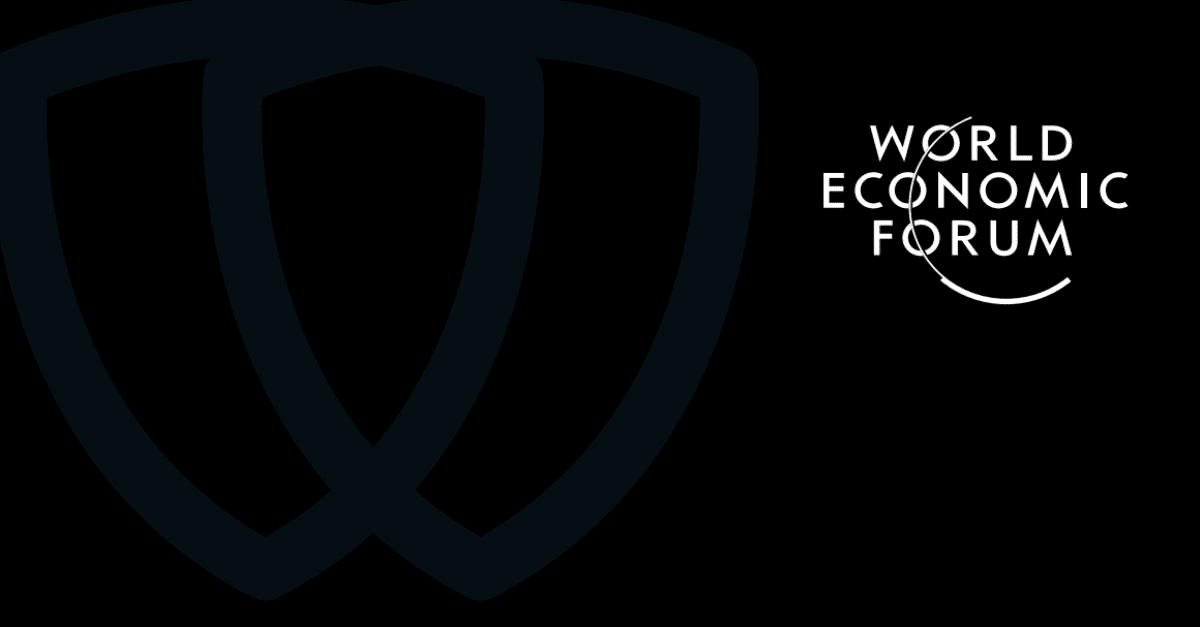ABOUT US
Cytek Security provides state-of-the-art cybersecurity solutions, delivered by the world’s top cyber experts. This includes advisory and implementation services, managed security services, and capability building.
In 2023, cybersecurity teams around the world watched with interest and concern as a slew of high-profile cyberattacks threatened businesses of all sizes and types. From major ransomware attacks on national institutions, such as the one launched on the UK’s Royal Mail service, which led to significant financial losses, to global scale data theft hacks on companies such as international telecoms firm T-Mobile being brought to light, exposing that millions of customers were at greater risk of fraud attempts after their personal information had been obtained by hackers.
As we enter 2024, the risk landscape for cybersecurity teams shows no signs of letting up or slowing down. More sophisticated adversaries with access to new technologies and methods are continuing to threaten businesses, governments, and populations at large. Already this year we have seen the US’ SEC compromised after the organization’s Twitter/X account was hacked. The perpetrators falsely announced newly approved plans for cryptocurrencies, which caused major turbulence in global crypto markets.
Amid the relentless wave of attacks, it is important for organizations to maintain a strategic view on the wider landscape of cybersecurity and to ensure that they are knowledgeable about what trends, technologies, and potential new threats they will be facing moving forward.
Global Cybersecurity Outlook for 2024
As business leaders gather early this year for the World Economic Forum, the WEF’s Global Cybersecurity Outlook report highlights some of the key areas that businesses and governments should be focusing their efforts on.
Perhaps unsurprisingly, the potential use of AI for nefarious purposes remains a key consideration, with the report’s surveys finding that 55% of respondents believe AI will benefit cyber attackers overall, compared to just 9% believing it will benefit defenders. Respondents indicated that generative AI would advance adversarial capabilities in launching phishing attacks, developing malware, and creating deepfakes.
Inequity in Cybersecurity
Cybersecurity inequity is another key challenge highlighted by the WEF. Whilst the drastically increased prioritization of cybersecurity by businesses and governments has led to increased awareness and investment, it has also caused a widening gap between organizations, sectors and regions that can maintain strong cyber resilience, and those that are not.
Less developed countries and sectors that cannot dedicate the same levels of resources to establishing strong cyber resilience are falling behind, and this imbalance is growing at an alarming rate. Given the high level of interconnectivity within the cyber ecosystem, this disparity only benefits hackers. The global digital ecosystem is, to an extent, only as strong as its weakest link, and organizations with strong cyber resilience can find themselves made vulnerable through working relationships with those who are not able to establish strong cyber defenses.
Lastly, the WEF also identified the cybersecurity skills gap as a major hurdle for organizations seeking to establish strong cyber resilience. According to the WEF, over 50% of public sector organizations see a lack of resources and skills as their biggest challenge for achieving cyber resilience, and the gap between the need for cyber-skilled talent and its availability is continuing to rapidly widen.
What can business and public sector organizations do now to prepare for the cybersecurity challenges currently lying ahead?
First and foremost, capturing the current state of your cyber defenses and determining whether they are resilient enough to withstand the current threat landscape is imperative. As attacks become more frequent and more advanced, there will be a growing demand for high-level cybersecurity expertise and a need for more high-level cybersecurity strategies and frameworks.
However, many organizations will understandably struggle to meet this demand by drawing on internal resources. After all, unless a business’ core function is cybersecurity, the people and technology it relies on are unlikely to be able to resolve these high-level cyber challenges.
Prioritizing investment into external cybersecurity support, which can establish and oversee high-level cyber protection such as 24/7 in-depth monitoring, security operations, and incident response, is perhaps the most effective and efficient way of shoring up cyber resilience.


Transformation in 2024
It will also enable businesses to remain focused on pursuing wider business growth and transformation targets without needing to divert significant and strenuous amounts of resources and attention to the cybersecurity problem. External expert support, such as that provided by Cytek, can also advise more widely on cybersecurity strategy, protocol, and implementation.
That said, organizations must also recognize that cybersecurity cannot be siloed or function in isolation. Cyber threats are a universal challenge that spans across an enterprise. Addressing the threat therefore requires efforts from across a business, and indeed the population at large, to keep businesses and individuals safe from threats.
The lack of available cybersecurity talent indicates a broader problem of people not knowing enough about how to remain safe when using digital systems, and so businesses and governments alike need to invest in the necessary cyber training and education to ensure that cyber resilience is built on solid foundations. This can be achieved through government-driven initiatives to boost cyber literacy, and for businesses, through dedicated upskilling programs coordinated by expert advisers such as Cytek.
Whilst the cyber threat landscape is evolving and will continue to climb on the list of concerns for business and public sector leaders, organizations cannot afford to be deterred from pursuing digital transformations and lose out on the opportunities presented by new technologies and digital service lines. Seeking expert advice on the real threats to your organization and how to effectively defend against them will be key to success in the year ahead, and beyond.
To find out more about how Cytek can support in bolstering your cyber resilience, get it touch with our expert teams today.





